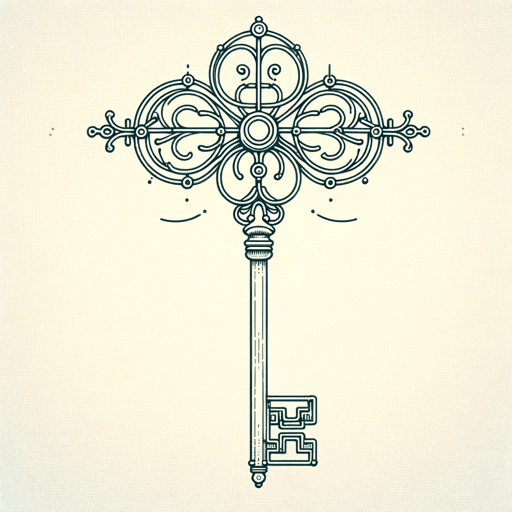30 pages • 1 hour read
Daniel DefoeA Journal Of The Plague Year
Fiction | Novel | Adult | Published in 1722A modern alternative to SparkNotes and CliffsNotes, SuperSummary offers high-quality Study Guides with detailed chapter summaries and analysis of major themes, characters, and more.
Themes
The Negative Effects of Superstition
The narrator writes that, at the outset of the plague, superstition is at an all-time high. He notes that impending death causes people to turn to oracles, astrologers, and dream-interpreters for news of their fate. He finds this impulse in the populace foolish, but his greatest condemnation is reserved for those who practice these magical arts. He notes that magical amulets, inscriptions, and potions can be found on the bodies and in the homes of the dead and seems certain that those who distribute them do so cynically: they seek to take advantage of the poor before fleeing the city. He speculates that God punishes these people in greater proportion than the rest of the population.
The narrator also notes the prevalence and destructiveness of folk remedies for the plague. The disease is obviously incurable, but “Quacks” (37) who distribute remedies containing mercury and other poisons do additional harm by weakening their patients’ bodies. The narrator declines to speculate that all such frauds were killed by the plague, but surmises and hopes that, like the astrologers, they were killed in greater number. However, the narrator’s own faith in signs from God during this time might, from a modern 







Related Titles
By Daniel Defoe



